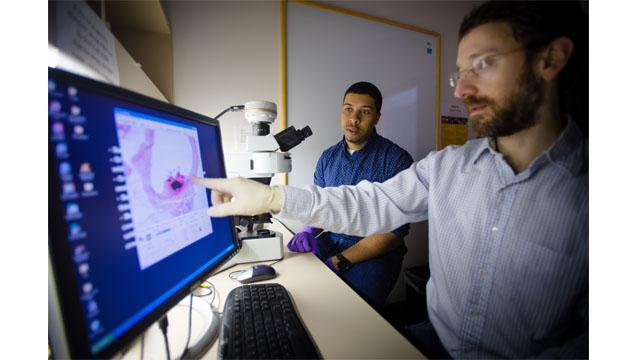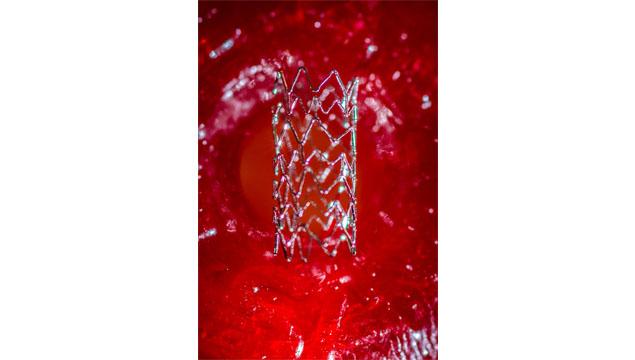Zinc-Based Biodegradable Stents with Fewer Side Effects
Why This Project Is Important
Every year, more than 900,000 Americans will have a heart attack. To reduce the chance of having a heart attack in the first place, or preventing another one from happening, a permanent stent is implanted in the coronary artery to treat narrowed or weakened arteries. However, these permanent stents may cause blood clots or inflammation. I am working on developing a zinc-based bioabsorbable stent that may work much better and with fewer side effects.
Project Description
Stents are small expandable tubes, made out of stainless steel or other types of metallic alloys, used to treat narrowed or weakened arteries in the body. However, they may be harmful to the body. I am working on developing zinc-based bioabsorbable stents that may work much better and with fewer side effects than iron or magnesium, which have been the materials most studied for stents.
For example, a permanent stent can cause intermittent inflammation and clotting at the implant site. The tiny metal segments that make up the stent can break and end up poking the arterial wall. I am developing a bioabsorbable stent that would gradually—and harmlessly—dissolve after the blood vessel is healed, eliminating side effects.
Meet the Researcher

Jeremy Goldman
Currently, I'm an Associate Professor in the Biomedical Engineering department at Michigan Technological University. My research interests include the biology and physiology of the lymphatic and blood vascular systems including vascular regeneration, remodeling, and pathology.
days left
funded
last
What Your Donation Can Help Us Do:
- Purchase supplies
- Save lives!
Recent Donors
Some donors may be hidden.





 Gifts to projects listed on SUPERIORIDEAS.ORG are received and processed by Michigan Tech Fund. Michigan Tech Fund is a tax-exempt organization under Section 501(c)(3) of the Internal Revenue Code acting on behalf of Michigan Technological University. It is the policy of Michigan Tech Fund that a portion of the gifts and/or income therefrom may be used to defray the costs of raising and administering the funds.
Gifts to projects listed on SUPERIORIDEAS.ORG are received and processed by Michigan Tech Fund. Michigan Tech Fund is a tax-exempt organization under Section 501(c)(3) of the Internal Revenue Code acting on behalf of Michigan Technological University. It is the policy of Michigan Tech Fund that a portion of the gifts and/or income therefrom may be used to defray the costs of raising and administering the funds.